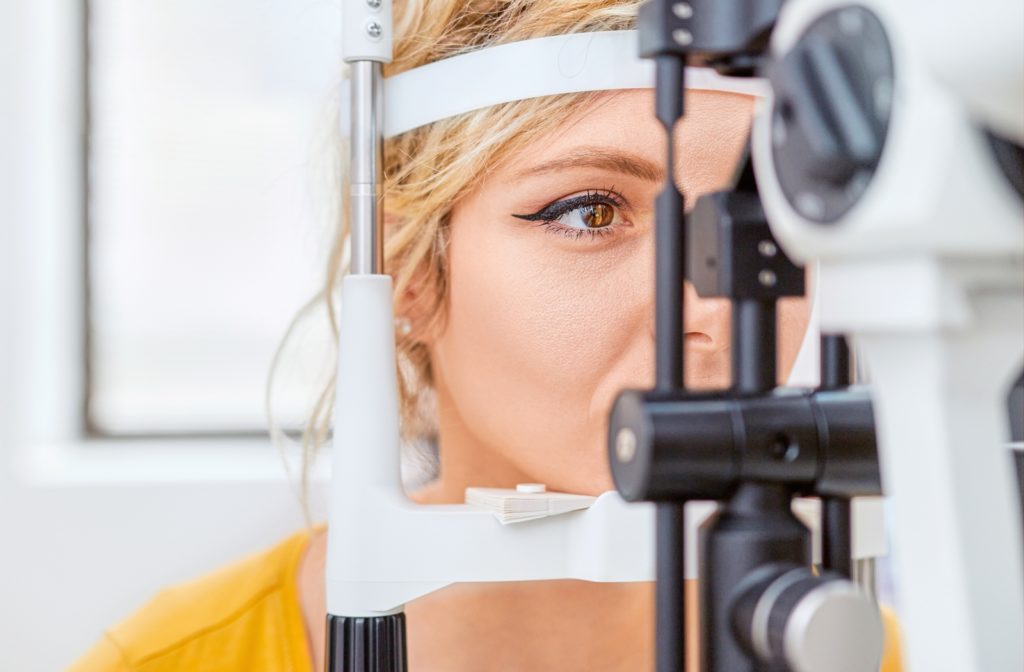Welcome to
On Feet Nation
Blog Posts
Top Content
Cataract Surgery Health Insurance and Advanced Technology Options
Cataract surgery is a transformative procedure that can improve vision and quality of life for individuals with cataracts. When considering cataract surgery, understanding the role of health insurance is crucial. In this article, we will explore the importance of cataract surgery health insurance and the availability of advanced technology options for enhanced outcomes.
Understanding Cataract Surgery and Its Benefits
Cataracts are a common age-related condition that causes the lens of the eye to become cloudy, leading to blurry vision and difficulty seeing clearly. Cataract surgery involves removing the cloudy lens and replacing it with an artificial lens called an intraocular lens (IOL). This procedure can significantly improve vision and restore clarity, allowing individuals to see more clearly and perform daily activities with ease.
Importance of Cataract Surgery Health Insurance
Cataract surgery is typically covered by health insurance, but the extent of coverage may vary depending on the insurance plan and its specific terms and conditions. Having cataract surgery health insurance is crucial to ensure that the costs associated with the procedure are adequately covered, minimizing the financial burden on individuals seeking treatment.
Advanced Technology Options in Cataract Surgery
Advancements in technology have led to the development of advanced intraocular lenses that offer enhanced vision correction and reduce the dependence on glasses or contact lenses after cataract surgery. Some of the advanced technology options include:
Multifocal Lenses
Multifocal lenses are designed to provide clear vision at various distances, allowing individuals to see both near and far objects without relying on glasses. These lenses can improve overall vision quality and reduce the need for corrective eyewear.
Toric Lenses
Toric lenses are specifically designed to correct astigmatism, a condition that causes blurred vision due to an irregularly shaped cornea. By addressing both cataracts and astigmatism, toric lenses can provide improved visual acuity and reduce the need for additional corrective measures.
Extended Depth of Focus (EDOF) Lenses
EDOF lenses are engineered to provide a broader range of focus, allowing individuals to see clearly at different distances. These lenses can enhance visual acuity and improve overall functional vision, particularly in low-light conditions.
Coverage and Considerations for Advanced Technology Options
While cataract surgery health insurance often covers the cost of standard intraocular lenses, coverage for advanced technology options may vary. It's essential to review your insurance plan's terms and conditions to understand the extent of coverage for these advanced lenses. In some cases, there may be additional out-of-pocket expenses associated with choosing advanced technology options.
When considering advanced technology options, it's important to consult with your eye care professional. They can assess your specific vision needs, discuss the benefits and potential risks of each option, and help you make an informed decision based on your insurance coverage and personal preferences.
Conclusion
Cataract surgery health insurance plays a crucial role in ensuring access to this essential procedure. Understanding the types of coverage available and the options for advanced technology lenses can help individuals make informed decisions about their cataract surgery journey. By reviewing insurance coverage, exploring advanced technology options, and consulting with eye care professionals, individuals can optimize their outcomes and enjoy improved vision and quality of life after cataract surgery.
© 2024 Created by PH the vintage.
Powered by
![]()

You need to be a member of On Feet Nation to add comments!
Join On Feet Nation